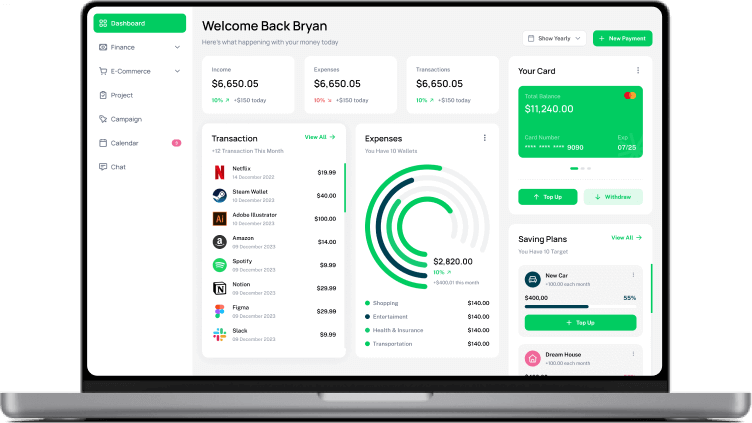Direct Sales
Definition: Direct Sales is a strategy, which a corporation uses to sell its products and services directly to consumers by getting rid of middlemen or retailers. This technique allows a firm the provision of personal contact with its customers, which can be in the form of an in-home demonstration, one-on-one selling, or via direct selling on the Internet.
Detailed Explanation
In direct sales, representatives use cold calling, networking, and social media to reach potential customers. Unlike in the traditional retail model, direct sales can involve much more personalized communication that includes product demonstrations and detailed explanation of the benefits and features of a product.
There are several forms of direct sales:
- Door-to-Door Sales: Direct sales by which people selling a product or service visit potential customers in their homes.
- Party Plan: A method of selling in which a salesperson conducts business by going directly to the prospect’s home to sell a product and/or service and to demonstrate it.
- Network Marketing: It is a Multi-Level Marketing (MLM) process that sells products while encouraging the entry of new sales agents into the business.
- Online Direct Sales: Sales transactions over the internet either through the personal sales website of a representative or by means of digital catalogs.
Direct selling removes the middleman, which implies a discount on expenses for the company when working in a different country. This could create a foundation for rather cost-effective pricing and provide the sales force with a flexible working environment, as their earnings depend on their commissions, which are sales-based.
Importance in the Sales Process
- Personalized Customer Experience: Direct selling gives representatives an opportunity to interact personally with customers in a way that fosters an intimate rapport between them, potentially resulting in better customer satisfaction and customer loyalty.
- Increased Sales Opportunities: Direct interaction with the customers helps salespeople understand the needs and preferences of customers and respond accordingly, thereby paving the way for more sales opportunities.
- Greater Control Over Brand Representation: Direct selling affords companies control over how their products will be depicted and sold, thus ensuring consistency in brand messaging.
- Cost-Effectiveness: Eliminating intermediaries can reduce operational costs and increase profit margins.
Real-World Example
This is a typical example of direct sales, such as a cosmetics company that heavily depends on representative marketing through selling directly to its clients. In this respect, they would use their circle of friends, social media, or even home parties to demonstrate the products and take orders. For instance, a consultant might host a makeup demonstration at a client’s house, where guests get to see how to use the products and are offered the chance to try them before they buy. This approach not only aids in making sales but also encourages the attendants to host their own parties or become representatives themselves.
Another example is a fitness equipment company that deals with high-quality products on its website to sell directly to customers and through personal consultations. Detailed product demonstrations and personal consultations with buyers will support a better understanding of what buyers are looking for and hence be able to advise the company on the best equipment, all of which enhance customers’ experience and increase sales.

